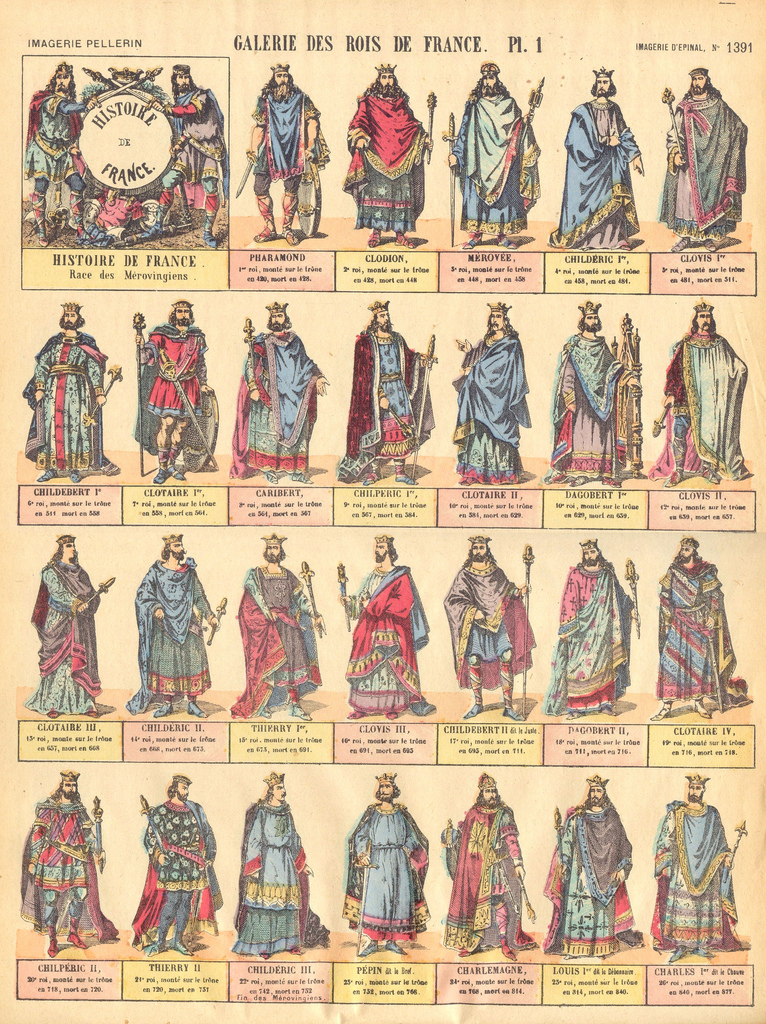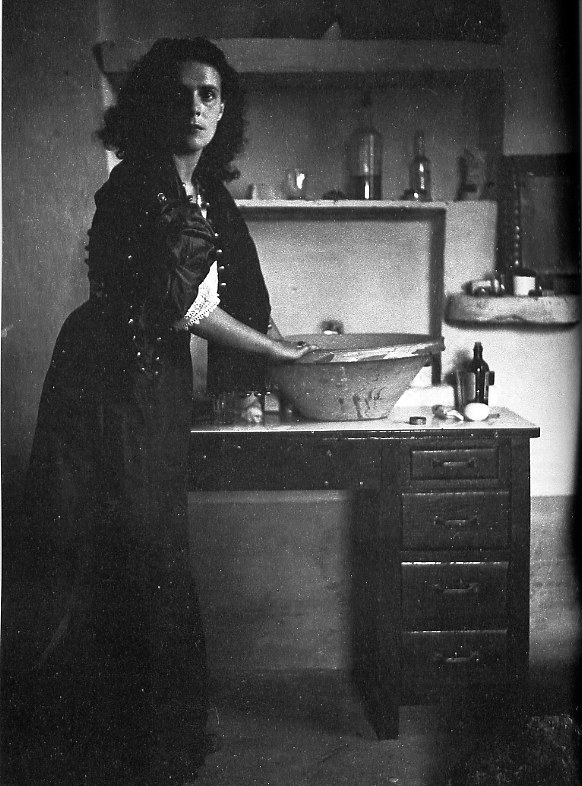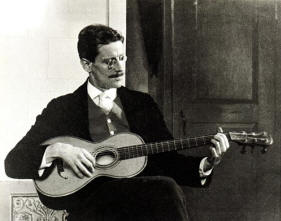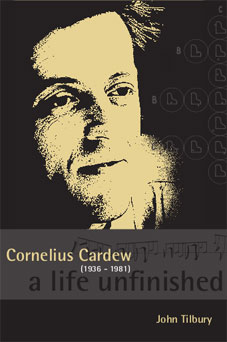The way to deal with eelworm in phlox is to spray with Murphos, a paraltrion curb. The way to avoid being slighted by bus drivers, waiters and salesgirls is to be unselfish, self-confident, thoughtful, enthusiastic and happy. The way to stop a long-winded speaker is for the chairman to rise, thank him for his splendid contribution, and lead the audience in thunderous applause. The way to resist a male seducer is for the lady to sit in an armless straight chair and pop a piece of salt-water taffy into her mouth every time he is about to kiss her… The way to keep matches dry in a row-boat is to put them in a fruit jar whose lid has been fastened to the underside of the seat; to get at them, unscrew the jar from the lid. The way to hem a circular flounce on a slipcover is too complicated to go into here. The way to make a “Stradivarius” violin is to do what it tells you to do in You Can Make A “Stradivarius” Violin, a publication of Popular Mechanics Press. The way to raise the Devil is as follows: draw a circle with consecrated coal and chalk and write around it, “I forbid you, Lucifer, on the name of the Blessed Trinity, to enter this circle”; then take a stand inside the circle and recite: “I conjure thee, Lucifer, by the ineffable names ON, ALPHA, YA, REY, SOL, MESSIAS, INGODUM that thou comest to do, without harming me” [you then tell him what you want]. Nota bene: this works only on Mondays; on Tuesdays, for instance, Lucifer must be addressed as “NAMBROTH”, on Saturdays as “NABAM” (Note to printer : no typos please, matter of life and death) and on Sundays he will answer only to “AQUIEL” and will ask for a hair of your head which on no account should be given him – he can be fooled with a hair from a fox.
The above useful information is a dipperful from the great American reservoir of know-how…
The R R Bowker Company publishes How-To-Do-It Books : A Selected Guide, two hundred pages of descriptive bibliography compiled by Robert E Kingery… Mr Kingery has cut a few paths through the jungle of howtoism, culling out a mere 3,500 titles, which he has arranged under nine hundred heads, from Abacus to Yoghurt, but traversing even these well-blazed trails is fatiguing. Alcoholics, Allergy, and Alligators; Candle-Making and Candy-Making; Chiggers and Children; Diving Boards and Divorce; Embroidery, Emotions, Enamelling, Encyclopaedias, Entertaining, and Etching; Mental Illness cheek by jowl with Metalwork; Money (Counterfeiting) cozying up to Money-Making Ideas; Survival (Atomic Bombs) modulating into Swans. There are books on how to succeed as a motel operator, a woman, a baby sitter, a committee member, a guest, a parent, a child, a lover, a Chevrolet owner, and a baton twirler, (The Baton: Twirling Made Easy!) There are howtos on encouraging bees and earthworms (Thomas J Barrett’s Harnessing The Earthworm) and on discouraging ants, budbugs, cockroaches, moths, silverfish, and termites. There are howtos on pigeons and pigs and poker; on poultry, pregnancy, printing, and poison ivy; on sleuthing and sleeping (How To Sleep Successfully); on standing (Your Carriage Madam!, by Janet Lane) and sitting (Sitting Pretty by, needless to say, the same author); on rabbits, rheumatism, riddles, rifles, and rugs; on lace and lizards, lacrosse, and lampshades; on wood carving, meat carving, soap carving, and ice carving; on how to make mobiles, be a widow (three titles, including Donald I Rogers’ Teach Your Wife To Be A Widow), and get tall (Paul O’Neill’s Why Be Short?); on how to collect books, bottles, buttons, and butterflies; on how to buy things and even one book on how to throw things away – Morgan Towne’s Treasures In Truck & Trash, which tells “how to pick out the treasures from the junk in the cellar and attic, how much they are worth, and where to sell them” and which is by no means the only entry in Mr Kingery’s 3,500 that sounds as though it might really be quite useful in dealing with one of the many special problems that bother people in this intricate age. After all, it is not the fault of the howto author that modern life gets more and more complicated, calling on him to settle problems that are more and more arcane. One sometimes wonders, however, whether a feedback is not at work here and whether a number of these problems would perhaps never have arisen to bother us if books had not been written telling us how to solve them.





